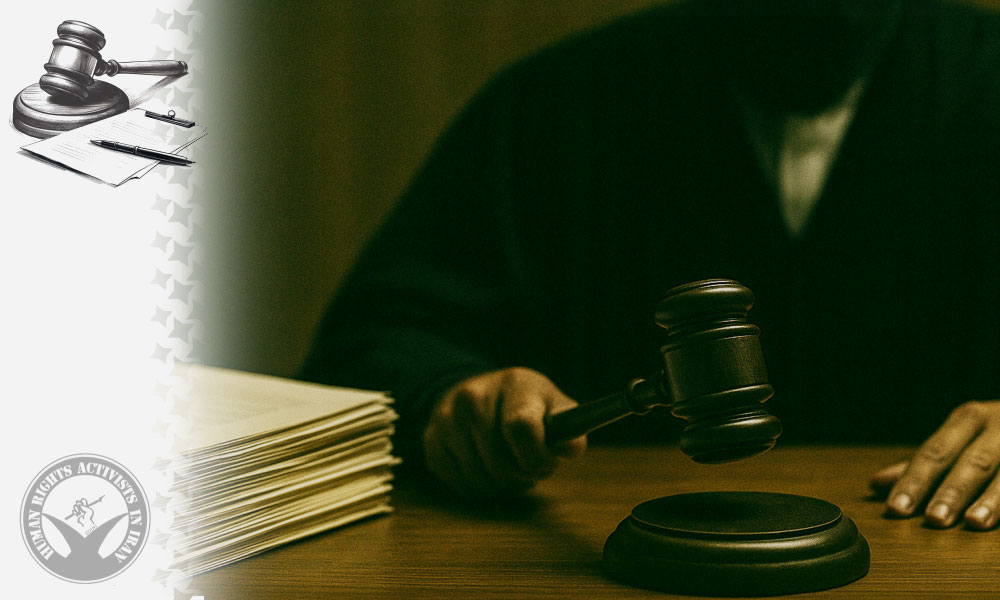HRANA – The spokesperson for Iran’s Judiciary announced that the Supreme Leader has agreed to the conditional pardon and sentence reduction of 115 individuals convicted on security-related charges. According to the spokesperson, this process will continue until late December, when the final number of pardoned individuals will be officially announced.
According to HRANA, quoting IRIB (Islamic Republic of Iran Broadcasting), the Judiciary’s spokesperson provided details regarding the number of prisoners granted conditional pardon and sentence reductions.
On Tuesday, October 28, Asghar Jahangir stated that Ali Khamenei, the Supreme Leader, had so far approved the conditional pardon and commutation of sentences for 115 security prisoners on the occasion of the birth anniversaries of the Prophet of Islam and the sixth Shia Imam.
Mr. Jahangir added that this process will continue until the end of December, when the final figures will be made public. He also promised that with the inclusion of additional cases, a greater number of security prisoners will benefit from this pardon.
Earlier, in September 2025, state media reported that the Supreme Leader had approved the Judiciary Chief’s proposal for the pardon and reduction of sentences for certain convicts. Official news agencies clarified that this pardon only applies to prisoners in so-called “security” cases whose sentences were issued at least five years ago and who have not engaged in any “anti-security” activities or statements during that time. Furthermore, the person’s sentence must not yet have been fully executed, a condition that effectively excludes many political and ideological prisoners.
In addition, a wide range of offenses, including “security-related crimes,” espionage, and collaboration with hostile states,” were explicitly excluded from eligibility for the pardon.






